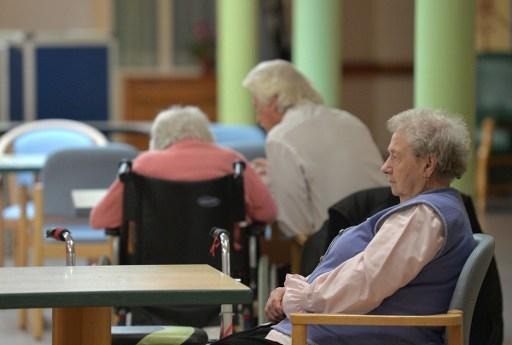The Federal Study Committee on Ageing has slightly increased its forecast of the cost of ageing by 2070, despite reductions in social spending measures introduced by the previous administration in relation to pensions.
In its 2024 annual report, presented on Wednesday, the Committee predicts that social costs related to ageing will rise from 25.8% of GDP in 2023 to 29.6% in 2050, eventually reaching 30.0% by 2070. This is slightly higher than the 29.1% increase forecast in its 2023 report.
The revised report considers the latest measures implemented following pension reforms enacted last April. These reforms have introduced employment conditions for minimum pension access, a retirement bonus, and a cap on equalisation for civil service pensions.
Overall, this reform has resulted in a limited reduction in the budgetary cost of ageing, bringing it down by 0.3 percentage points of GDP by 2070. This drop is attributed almost entirely to the capping of equalisation.
Between 2023 and 2050, the budgetary cost of ageing increases by 3.8 percentage points of GDP due to increasing pension and healthcare expenditure. The growth rate then slows significantly by 2070 (0.3% of GDP) due to less pronounced population ageing.
By 2050, pensions will comprise the largest portion of social expenditure, at 13.7% of GDP, followed by healthcare costs at 10.4%.
The higher budgetary costs anticipated by 2070 compared to the previous report can be attributed to a downward revision of fertility rates (from 1.7 children per woman to 1.6), lower productivity growth than expected, and fewer delays in retirement.

